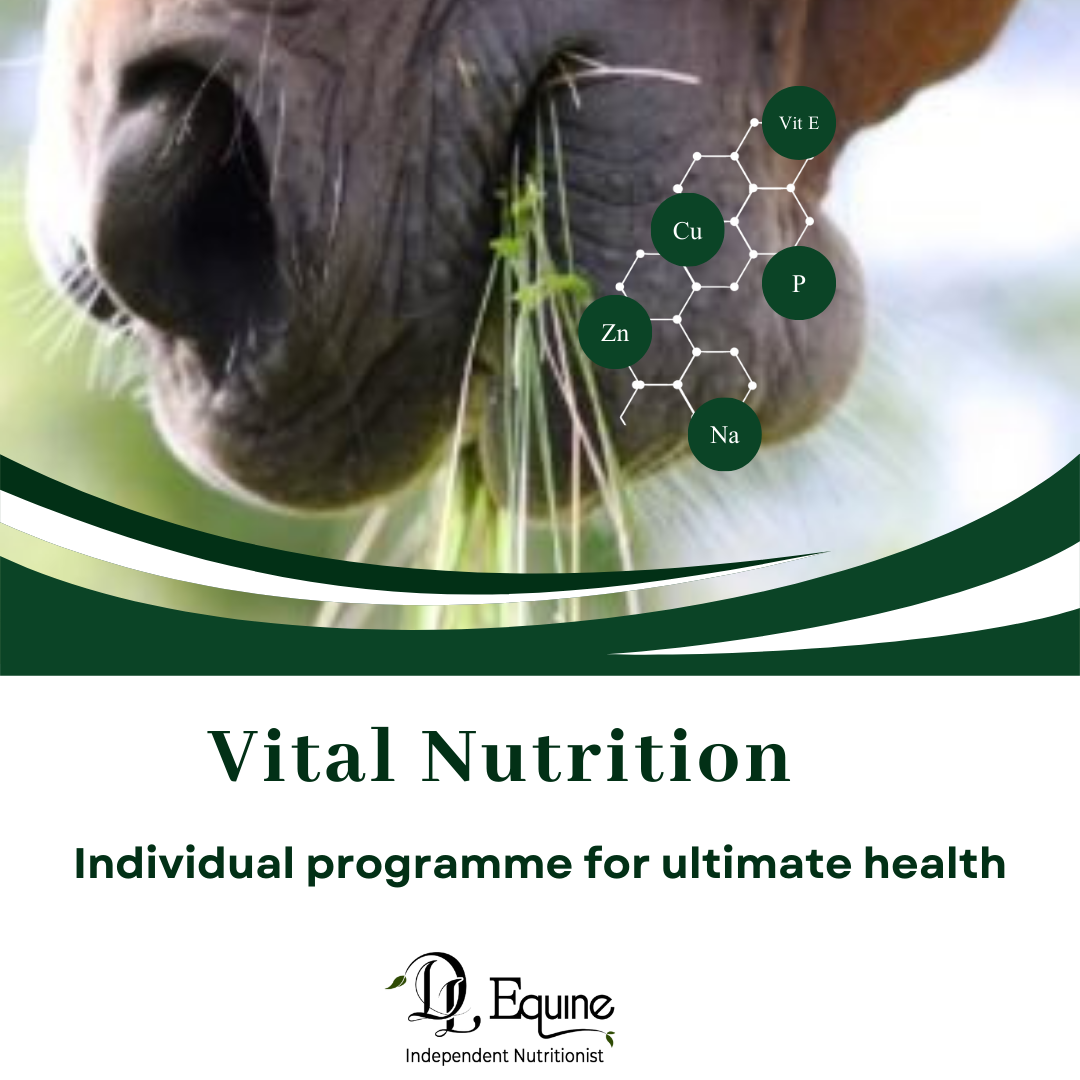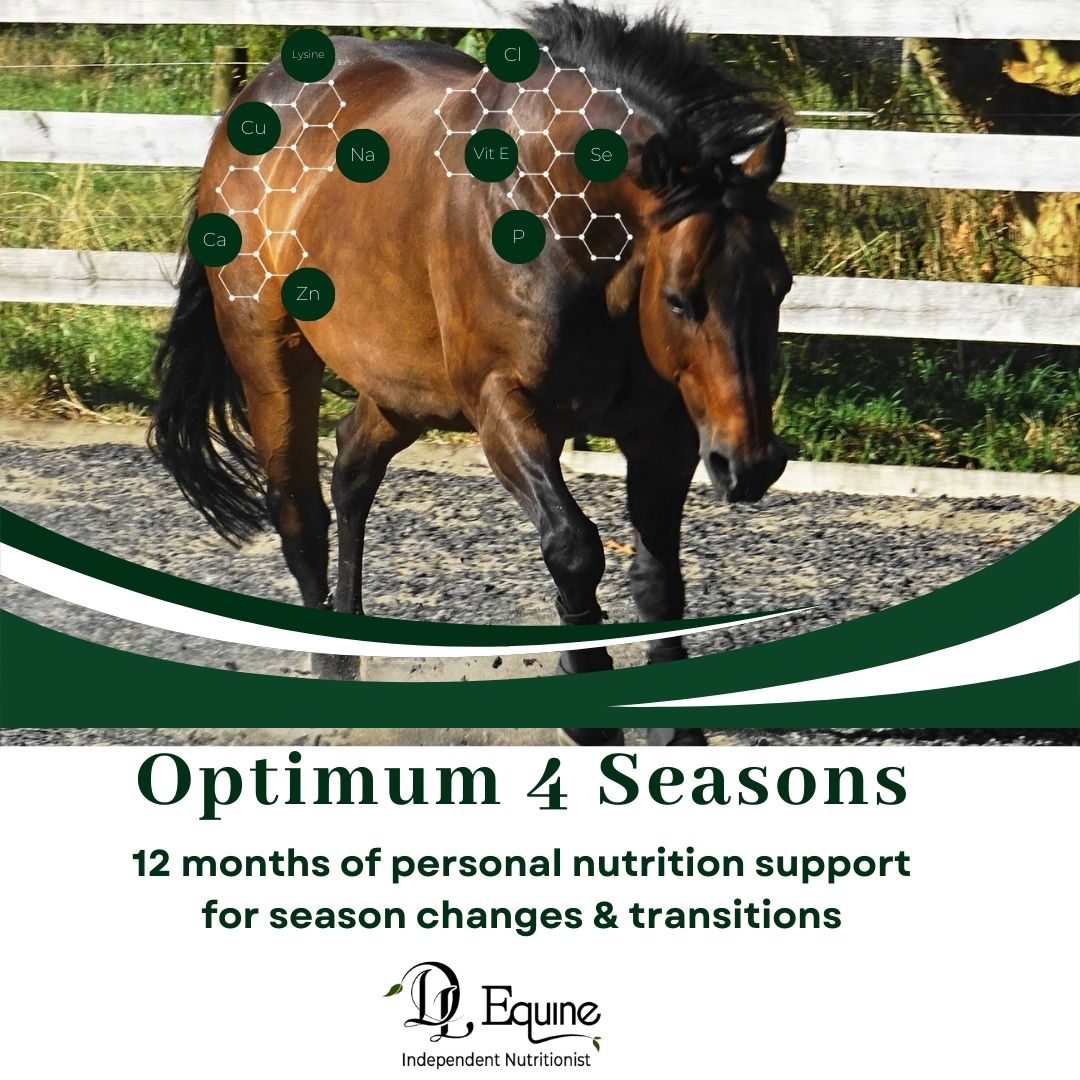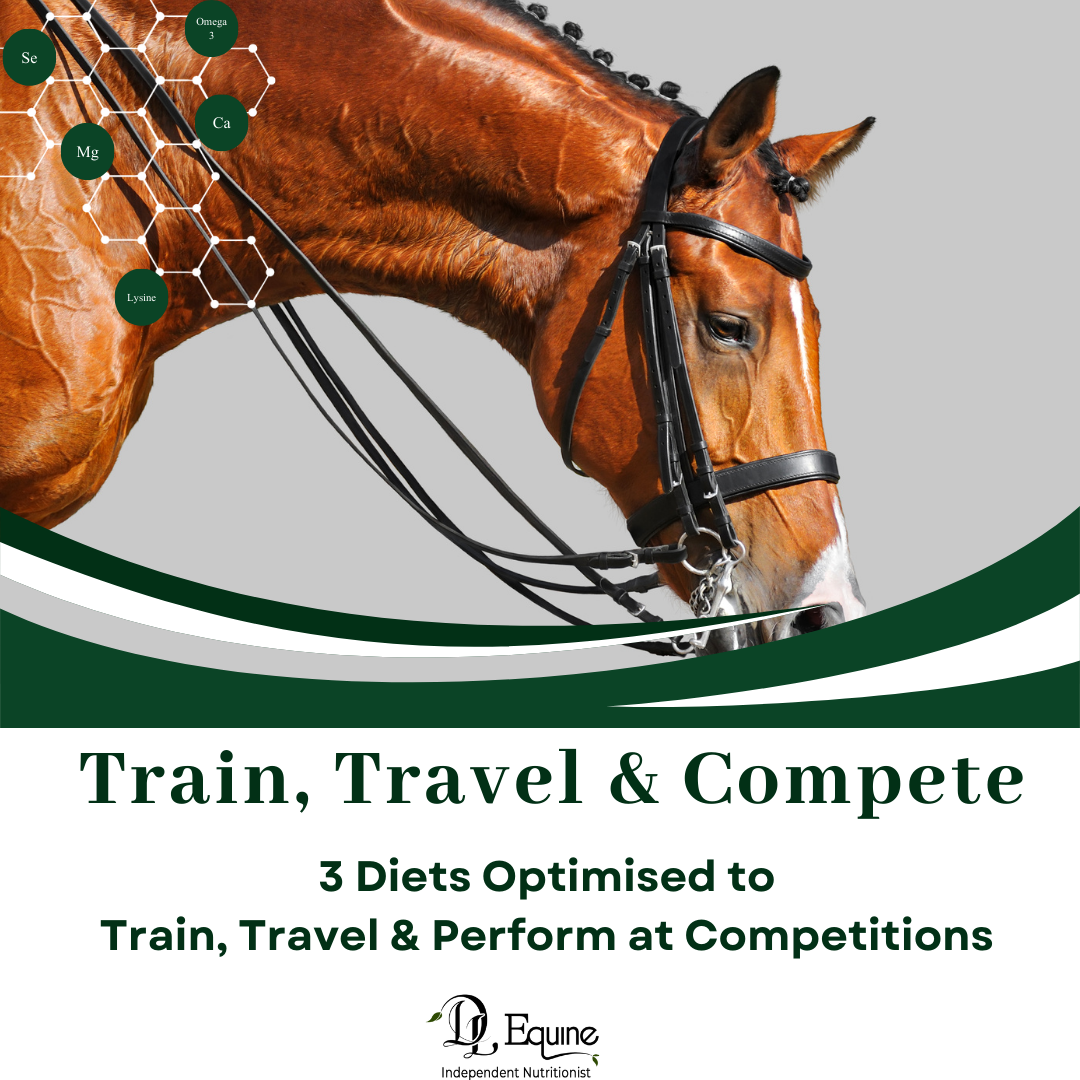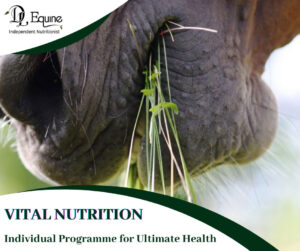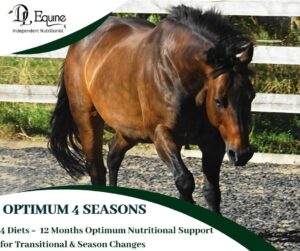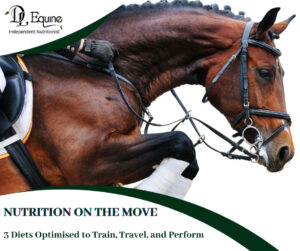Its Colic care time!
At this time of year – Spring, everything you see or read can sometimes focus on the dreaded laminitis that happens at this time of year because of our high starch and sugar grass.
However with a number of talks with owners recenlty whose horses have had a bout of colic, which reminded me that its also a horrendous time for this gut issue.
Ive been there myself and lost my absolute heart horse to colic; it’s the absolute nightmare of feeling helpless and watching your beautiful friend in pain. Prevention is key, although not always possible, so understanding the risk factors that increase the likelihood of colic are important.
An important note here is get your vet IMMEDIATELY! Don’t wait.
What is it:
Colic is a general term for abdominal pain, but it is a clinical sign rather than a diagnosis. It is known as the number one cause of death in horses.
The term colic encompasses numerous causes of pain that involve the gastrointestinal tract and some that do not, however, the forms that involve the GIT are the most common. The two main classifications for colic are non-strangulating and strangulating, describing whether blood flow to the intestinal tissue is restricted (strangulating) or not (non-strangulating).
Colic varies greatly in severity, from mild discomfort to extreme pain which may necessitate surgery or euthanasia.
Symptoms of colic – most horses display some combination of the following symptoms:
• Anxiety or depression
• Pawing excessively
• Looking at their flank
• Lying down frequently
• Rolling as in distress
• Lack or infrequent defecation
• Poor appetite and/or decreased water intake
• Excessive sweating
• Abnormally high resting pulse rate (over 50 BPM)
• Quiet or lack of normal gut noises
• Stretching out as if to urinate
What causes it?
Although the risk factors are varied along with the different types of colic, I will focus on the type of colic caused by rich carbohydrate – starch, grass.
In a one-year prospective study conducted on 31 horse farms to identify risk factors for equine colic, the results suggested that diet and changes in diet are important factors for colic risk in a population of horses on farms. (Tinker at al, 1997) (McCarthy et al 2001, Wylie & Proudman 2009).
In general the risk of colic significantly increases with higher levels of concentrate feeding and also high starch pasture. These feeding practices are frequently associated with further potential colic risk-factors such as suboptimal forage intake, particularly when the pasture is high in water and low in dry matter (such as in Spring growth conditions).
While most of us are very careful with changes in feed, knowing these can upset those sensitive wee microbes in the hind gut, many forget that the grass changes are so rapid at this time of year and if your horse has been on old muddy pasture and then a sudden introduction to new spring grass cause a chain reaction that leads to colic.
What happens when a horse goes onto sudden high starch grass?
The foregut can only handle small amounts of starch and so it basically shunts this excess thru to the hindgut and tells that part to handle it!
The hindgut microbes, (or as I like to call them, a wee group of fragile grumpy little guys in a union) well they throw a bit of a fit cause they don’t have all the right players on board to handle the extra starch, so they strike!
Then they get sick and the acidity of the hindgut rises, the gut slows down, fibre digestion slows down, the bad microbes increase and take over, they release endotoxins, This is when your horse can get diarrhea, impaction, inflammation, dysmotility, distension with gas and froth, and even colonic displacement. Collectively known as colic.
What can you do to help prevent it?
I recommend a really slow introduction back to your grass, as in 20min a day in new paddock for 3 or 4 days then gradually increase to an hour then up from there..as long as poops are good ![]()
If you can safely electric tape strip into new paddock after a week do that, that’s the way I do it…until I have a strip big enough to shut gate and be in new paddock.
Feeding;
In terms of other feed, you need to keep that dry matter moving thru gut, so if your horse has less access to new grass he should eat his fibre feeds, (hay and chaff, beet pulp etc) and make sure water is there, add some salt to feed say another 15g for an adult horse, this will increase his thirst and make him drink whilst introducing the new grass.
Keep your grain feeds to an aboslute minimum.
Remember your horse needs to eat a min 1.5% of body weight in dry matter per day. He wont get that from the high water content grass, so that’s why we need to add dry forage like hay and chaff.
Here’s hoping you have an uneventful spring grass transition!

